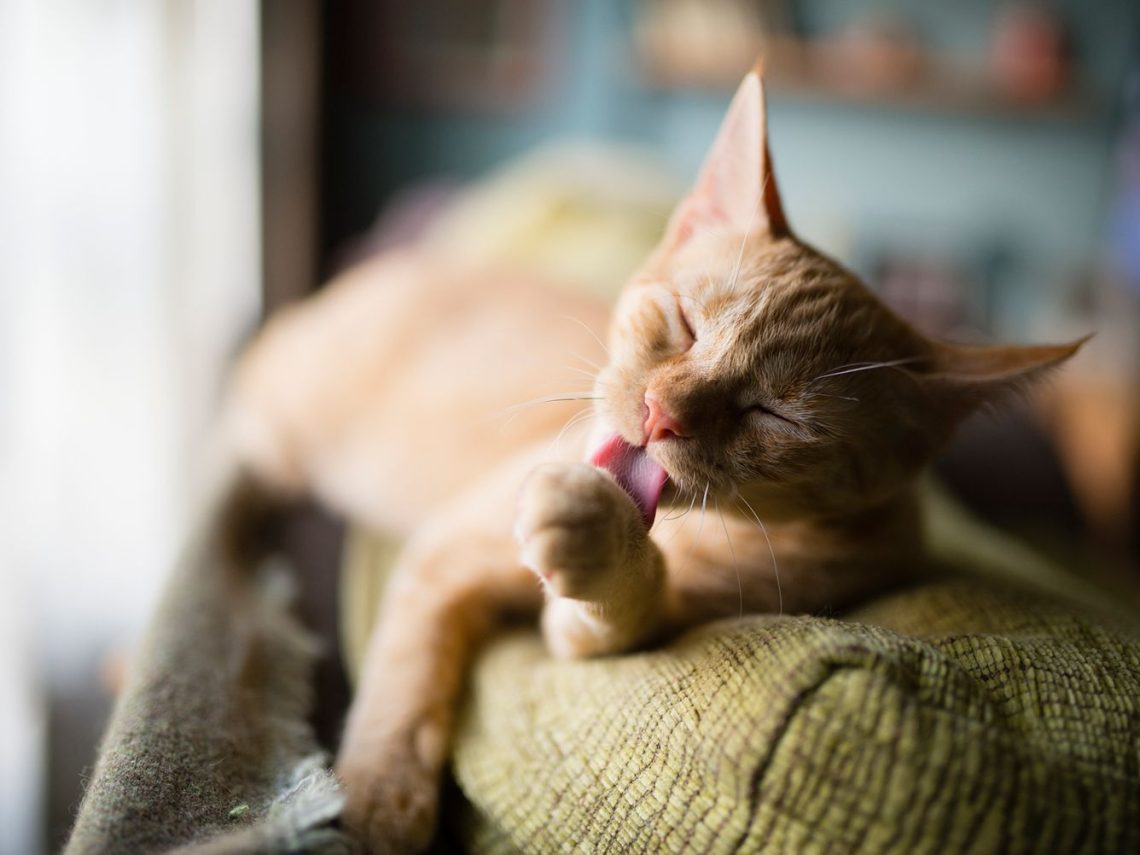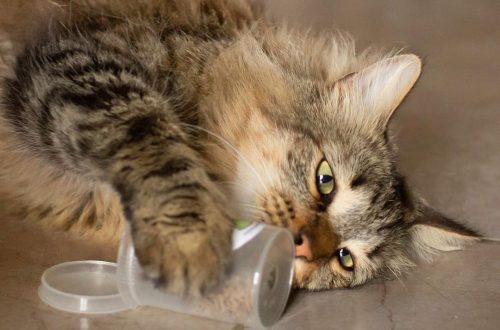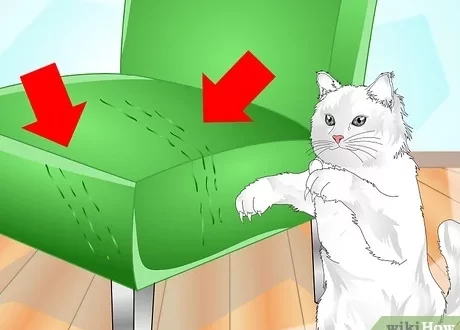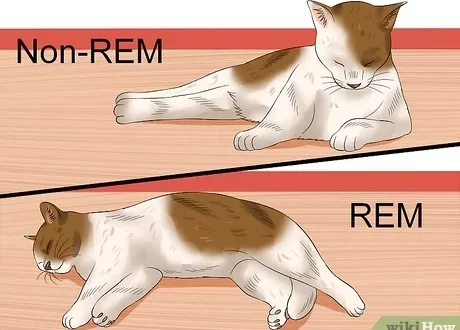
Why do cats lick themselves so often?
The mother cat’s first job after giving birth is to remove the amniotic sac and then lick the kitten with her rough tongue to stimulate her breathing. Later, when the kitten begins to feed on mother’s milk, she will “massage” him with her tongue to stimulate defecation.
Kittens, imitating their mothers, begin to lick themselves already at the age of a few weeks. They can also lick each other.
Cat grooming has several purposes:
Hide the scent from predators. The sense of smell in cats is 14 times stronger than in humans. Most predators, including cats, track prey by scent. A mother cat in the wild tries to hide her little kittens by removing all smells from them, especially the smell of milk – she thoroughly washes herself and them after feeding.
Cleanse and lubricate the wool. When cats lick themselves, their tongues stimulate the sebaceous glands at the base of the hair and spread the resulting sebum through the hair. Also, licking, they clean their fur, and in the heat it helps them to cool down, since cats do not have sweat glands.
Wash the wounds. If a cat develops a sore, she will begin to lick it to clean it and prevent infection.
Enjoy. In fact, cats really like being groomed because it gives them pleasure.
When should I worry?
Sometimes, excessive grooming can become compulsive and lead to bald patches and skin ulcers. Usually this is how cat stress manifests itself: in order to calm itself, the cat begins to lick. Stress can be caused by many factors: the birth of a child, a death in the family, moving to a new apartment, or even just rearranging furniture – all this can make a pet nervous and cause him such an inadequate reaction.
Also, a cat may lick more than usual if she is bitten by fleas or if she has lichen. Therefore, before dealing with stress, you need to make sure that licking is not caused by diseases.





